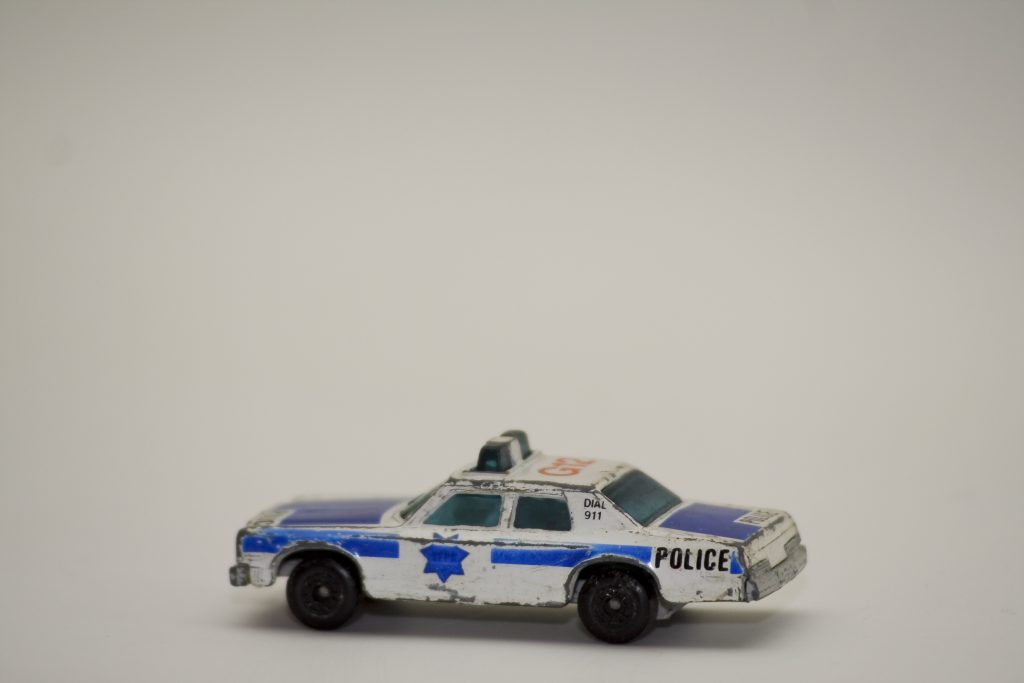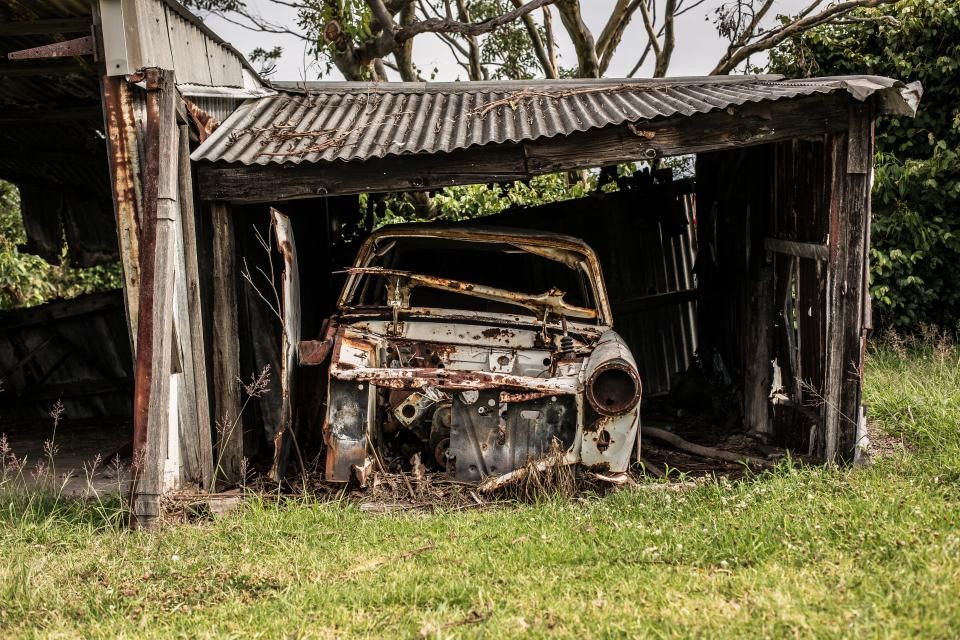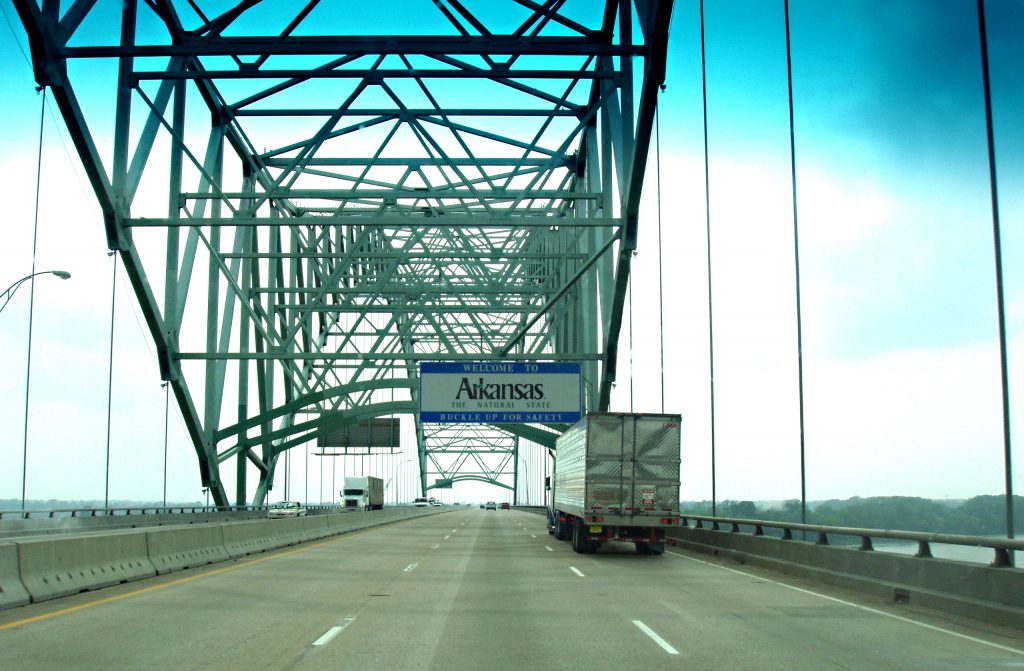 Car accidents can have long-lasting effects that are not immediately apparent at the time of the accident. Victims may initially report that they do not suffer from pain, only to be struck with it days, weeks, or even months later. This pain can have debilitating effects on one’s current and future career, as well as on one’s mental well-being and relationships with others. If a victim is not careful with the doctor he or she chooses or the actions he or she takes, a jury may dispute the damages (money) a victim may be entitled to. If a personal injury case makes it to court, it is best to reach the ideal verdict at the trial court level, rather than at the appeals level. The following case illustrate this.
Car accidents can have long-lasting effects that are not immediately apparent at the time of the accident. Victims may initially report that they do not suffer from pain, only to be struck with it days, weeks, or even months later. This pain can have debilitating effects on one’s current and future career, as well as on one’s mental well-being and relationships with others. If a victim is not careful with the doctor he or she chooses or the actions he or she takes, a jury may dispute the damages (money) a victim may be entitled to. If a personal injury case makes it to court, it is best to reach the ideal verdict at the trial court level, rather than at the appeals level. The following case illustrate this.
Sheila Tate and her friend Joyce Lee were driving down an intersection on Scenic Highway and 68th Avenue, when Baton Rouge Police Officer Kenney (operating a vehicle owned by the City of Baton Rouge) collided with Tate’s vehicle. Tate’s child, Jordan, and Lee’s child, Imiricle, were also in the car during the collision. The collision resulted in multiple injuries.
The initial emergency room assessments for the Tate and Lee each reported no (or minimal) pain. Yet, Tate’s treatment involved a variety of doctors, where she underwent a series of medications and physical therapies before ultimately being given a “pass” by one of her last doctors to resume work. The same was said of Lee, who went through a series of doctors before she eventually stopped complaining of pain. Tate and Lee filed a lawsuit, and on behalf of their respective children, seeking damages stemming from the car collision.
 Louisiana Personal Injury Lawyer Blog
Louisiana Personal Injury Lawyer Blog


 Life deals some people a tough hand. For Geneva Fils, a Louisiana infant in the foster care system, a car crash and severe injuries followed by a lengthy lawsuit added to her list of problems.
Life deals some people a tough hand. For Geneva Fils, a Louisiana infant in the foster care system, a car crash and severe injuries followed by a lengthy lawsuit added to her list of problems.  One bad decision can lead to a huge legal headache. The combination of a chaotic atmosphere and alcohol makes bars the perfect storm for mistakes that can later lead to huge liability. In a recent case, a man who punched another patron at a Tangipahoa Parish bar appealed a default judgment that awarded the victim over $100,000 dollars for personal injury damages and medical expenses.
One bad decision can lead to a huge legal headache. The combination of a chaotic atmosphere and alcohol makes bars the perfect storm for mistakes that can later lead to huge liability. In a recent case, a man who punched another patron at a Tangipahoa Parish bar appealed a default judgment that awarded the victim over $100,000 dollars for personal injury damages and medical expenses. Determining liability when someone is injured on someone else’s property is a complex endeavor. One of the major factors is determining whether the injury resulted from an unreasonably dangerous condition.
Determining liability when someone is injured on someone else’s property is a complex endeavor. One of the major factors is determining whether the injury resulted from an unreasonably dangerous condition.  Most customers do not expect to be hurt by store merchandise when they go shopping. Yet, each year dozens of individuals are injured due to “falling merchandise.” The following Louisiana First Circuit Court of Appeal (“the Court”) case is a perfect example of what happens when an individual seeks legal action for being injured by a store’s falling merchandise.
Most customers do not expect to be hurt by store merchandise when they go shopping. Yet, each year dozens of individuals are injured due to “falling merchandise.” The following Louisiana First Circuit Court of Appeal (“the Court”) case is a perfect example of what happens when an individual seeks legal action for being injured by a store’s falling merchandise. Rain and a slick, tiled entryway are typically a bad combination. A recent Louisiana slip and fall case involved this exact scenario.
Rain and a slick, tiled entryway are typically a bad combination. A recent Louisiana slip and fall case involved this exact scenario. Think before you act. We have all heard this advice. But, thinking before you act can be difficult. Sometimes, emotions and the heat of the moment prompt you to react before you think. A common example of this occurrence is in road rage altercations. It is easy to get upset when you get cut off or a person pulls out in front of you. But the legal ramifications of acting on those emotions can be dire. A recent case out of the First Circuit Court of Appeal for the State of Louisiana illustrates one type of legal consequence that could happen when emotion turns to violence.
Think before you act. We have all heard this advice. But, thinking before you act can be difficult. Sometimes, emotions and the heat of the moment prompt you to react before you think. A common example of this occurrence is in road rage altercations. It is easy to get upset when you get cut off or a person pulls out in front of you. But the legal ramifications of acting on those emotions can be dire. A recent case out of the First Circuit Court of Appeal for the State of Louisiana illustrates one type of legal consequence that could happen when emotion turns to violence. Workers’ compensation provides an avenue for workers injured on the job to receive the compensation a worker deserves. But what happens when a resident of one state is injured while working for a company in another state? A recent case out of the Second Circuit Court of Appeal for Louisiana addressed this issue when a Monroe, Louisiana worker, working for an Arkansas company, was injured in Mississippi.
Workers’ compensation provides an avenue for workers injured on the job to receive the compensation a worker deserves. But what happens when a resident of one state is injured while working for a company in another state? A recent case out of the Second Circuit Court of Appeal for Louisiana addressed this issue when a Monroe, Louisiana worker, working for an Arkansas company, was injured in Mississippi. We all make mistakes, and, if lucky, are presented with the opportunity to fix them. The same principle can be said for an error in a money damage determination. When a party to a lawsuit believes that the jury or trial court erred in its damage award decision, the party has the ability to appeal. A recent court case out of the Second Circuit Court of Appeal for Louisiana discusses the requirements that are needed to overturn a money damage determination.
We all make mistakes, and, if lucky, are presented with the opportunity to fix them. The same principle can be said for an error in a money damage determination. When a party to a lawsuit believes that the jury or trial court erred in its damage award decision, the party has the ability to appeal. A recent court case out of the Second Circuit Court of Appeal for Louisiana discusses the requirements that are needed to overturn a money damage determination. The fate of a claim brought under the Longshore and Harbor Workers’ Compensation Act (“LHWCA”) is often determined based upon the weight the Administrative Law Judge (“ALJ”) gives certain evidence. But how should the ALJ weigh conflicting evidence from different sources? This question was recently addressed by the United States Fifth Circuit Court of Appeals in Petron Industries Inc. v. Courville.
The fate of a claim brought under the Longshore and Harbor Workers’ Compensation Act (“LHWCA”) is often determined based upon the weight the Administrative Law Judge (“ALJ”) gives certain evidence. But how should the ALJ weigh conflicting evidence from different sources? This question was recently addressed by the United States Fifth Circuit Court of Appeals in Petron Industries Inc. v. Courville.